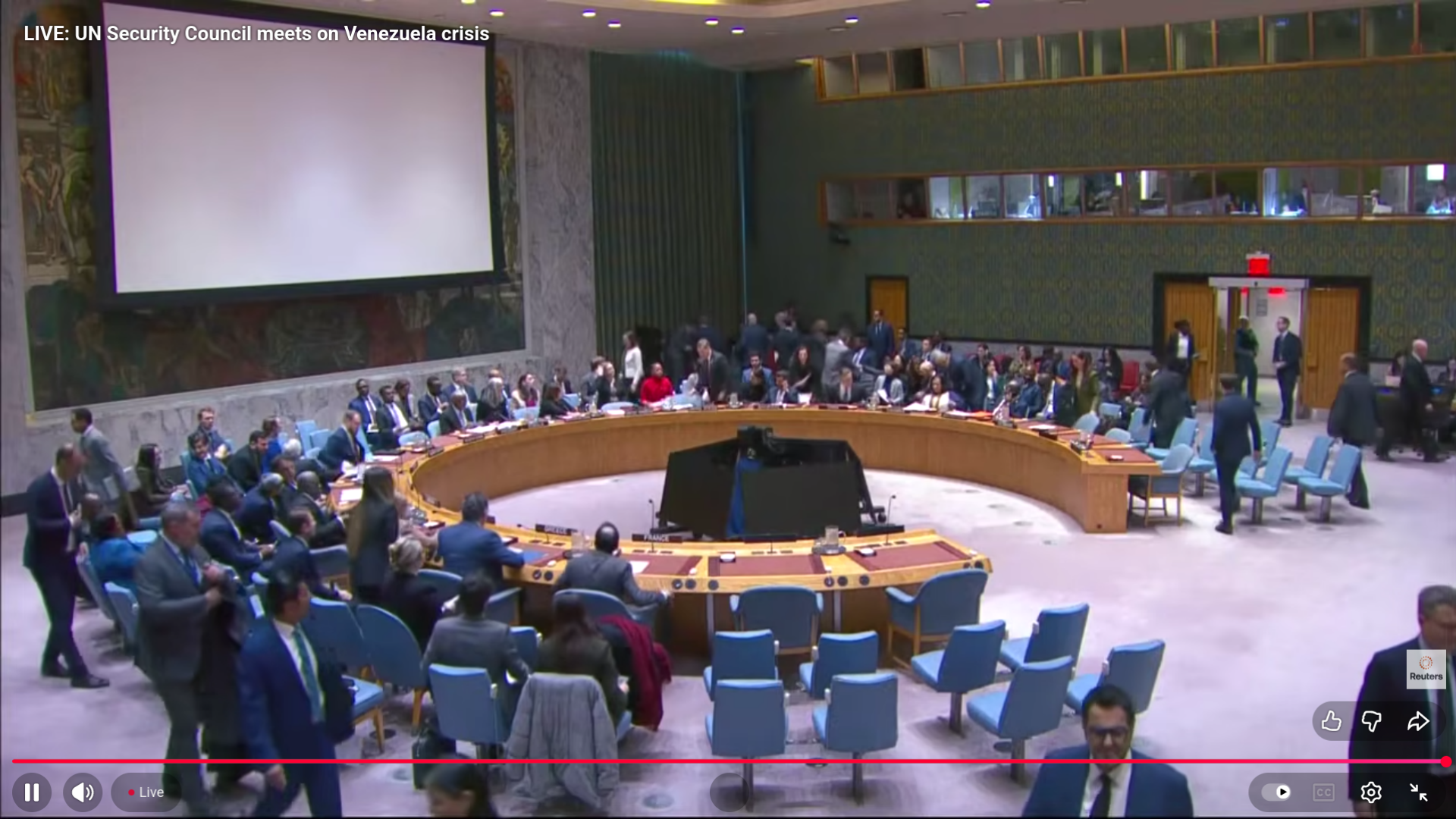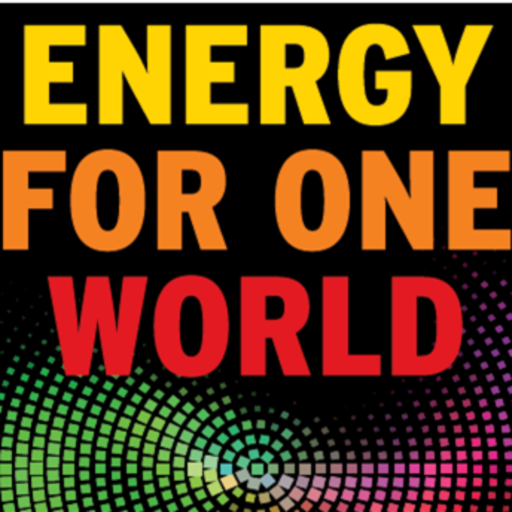Regularly- we are asked to participate in student master thesis or PhD research- next to our advise in professional research.
Our doors are always open to such requests.
To give you some examples of where our practice has played a contributing or supportive role and factor (not in order of importance):
Aaa) Operationalizing Peace (Business for Peace)- student Tilman Bauer (Helsinki, Finland):
- A deep analysis of the concept of business. What is business, why do we have or do it, and what is its role and purpose in society? What are the fundamental tasks, responsibilities, functions, and characteristics of business? What is “good” business?
- A deep analysis of the concept of peace. What is peace, how can it be operationalized or measured, and how can the multitude of definitions be simplified into a unified model/theory?
- Sketching the history of the nexus of business and peace. Starting at Socrates, how have the concepts of business (or commerce) and peace been connected historically? What is our current understanding of the nexus? What are, and were, the major debates surrounding business and peace?
- What can business do to foster peace? Can we build a methodological matrix of the fundamental responsibilities of business? Can such responsibilities be classified into different categories with weaker or stronger contributions to peace? If such contributions can be quantified, can we build a Business Peace Index?
- What are the implications for our understanding of the nature of business? Can we identify a trajectory of business thinking or different paradigms that pertain to the role of business in society? Are we currently undergoing a paradigm shift? If yes, what does the emerging paradigm entail? What does the future of business responsibilities look like?
Go to Thesis (Erasmus University Repository)
Mr. Bauer is presently proceeding with a PhD on this work
Bbb) Energy and Transport in Green Transition- Perspectives on Ecomodernity- Professors Atle Midttun and Nina Witoszek (Oslo, Norway)
This book breaks new ground in the studies of green transition. It frames the ongoing transformation in terms of a “battle of modernities” with the emerging vision of ecomodernity as the final destination. It also offers a systematic exploration of the potential for extensive transformation of carbon-intensive sectors – with a focus on energy and transport – towards a low or post-carbon economy. The book does so in a comparative perspective, by pointing to a diversity of techno-economic and institutional solutions in the mature Western economies, and in the rapidly growing East and developing South. The contributors highlight a broad spectrum of available alternatives as well as illuminate conflicting interests involved. They also demonstrate how solutions to the climate challenge require parallel technological and governance innovation. The book advocates a new, overarching vision and agenda of ecomodernity – based on a synergistic paradigm-shift in industry, politics and culture – to trigger and sustain the ecological innovation necessary to tip development in a green direction. This vision cannot be monolithic; rather, it should reflect the diverse interests and conditions of the global population.
This book is aimed at researchers and postgraduate students of energy, transport, environmental and climate policies, as well as development, environment, innovation and sustainability.
Ccc) Sustainale Energy Innovation: The perceptions and experiences among stakeholders (in the Netherlands)- Nuraan Hendriks and Beatriz Ramirez Moreno
Sustainable energy innovations have become an important topic on
the political agenda of many governments. This therefore leads us to investigate sustainable energy
innovation practices in the Netherlands, since the country has signalled strong intentions and
strategies to accelerate this societal shift. Based on this, the main research question of the study, is:
What are the stakeholders’ experiences in the Netherlands with sustainable energy innovations and
what meaning do they ascribe to this innovation practice?
In order to answer the above research question, it becomes important to formulate subquestions,
which will allow us to answer the main research question with more accuracy. The subquestions
to be included are as follow:
What is the current debate on programme management and what is the role of sense-making in this
debate?
The above research question will be explored through theoretical and conceptual findings, and
debates on the topic under study. The findings therein will shed light and bring to the fore valuable
opinions by academic authors. Furthermore, the theoretical framework (Chapter Two) of the current
study will assist the researchers to develop a position in relation to the academic debate.
Energy For One World initiated research – Case Example 1::
Ddd) Building an agent-based model of our global world energy system (Research start- 2013–> )
This research has built an agent-based model of our global world energy system: a fresh approach in exploring its future under different energy scenario’s
Our research project into the global energy system has been kicked-off at the University Of Technology Delft, in the Netherlands and is to provide additional facts and insights on the developments within our world energy system- and to allow a more balanced decision making.
This leading and world’s first research project with world experts in agent-based modelling focussed on:
Energy is one of the essential factors of human modern life. The population of the world is increasing and lifestyle of people is improving. At the same time, and according to some energy experts, we may see conventional oil, coal and gas production reaching its peak (the age of easy oil is over). It can be a signal for future energy shortage. Everyone has the right to have access to sufficient energy at affordable price. Energy shortage can cause high energy prices and high degree of inequality among nations and people. Besides, the global energy system is a complex adaptive system composed of many physical and technological entities as well as many relevant actors and institutions. The states and behaviours of the global energy system emerges from states and interactions of all those elements and components. In this research, the world energy system will be explored, and an agent-based modeling is suggested as a methodology for modelling the world energy system and exploring its future under different scenario’s.
28th August 2013
NEWS
Today, I may present to you the results of the first pass research into the development of a hybrid, agent-based model- to study the future of our world energy system.
Yesterday afternoon, Ahmad Reza Mir Mohammadi presented and defended quite successfully this work in front of the research staff, peer group and supervision at the TU Delft in the Netherlands, and could afterwards celebrate his graduation into becoming a Master of Science in Technology, Policy and Management.
As Ahmad’s work is quite concise and of a remarkable high quality in modelling work and compostion, and standing on the shoulders of the work earlier done by Dr. Dale in Stanford University and by the very fine and great people of the faculty of TU Delft, I do understand that the results of this modelling work may require some explanation.
Please visit my daily insight notes to read in layman’s terms what this research work may mean.
Please download here a pdf-file of this research report (Title and Introduction only):
Creating an Exploratory Model to investigate the dynamics in the World Energy System
Please find below the on-line readable thesis of Ahmad:
For those under you who want to receive a copy of the research report- please fill in the form at the bottom of this page.
Research Case Example 2:
Eee) How do we integrate the UN Sustainable Development Goals, Paris Climate Change Agreement in our Mainstream Energy and Economy developments and architecture? How do we organize ourselves for success?
Research Question: How best do we organize ourselves (over coming 5 years)- such that we have a chance of better meeting the needs of the common good (vibrant sustainable societies) and ourselves? And to be quite specific on Energy & Sustainability: How do we integrate the UN Sustainable Development Goals, Paris Climate Change Agreement in our Mainstream Energy and Economy developments and architecture? How do we organize ourselves for success?
Hypothesis: Our present (energy governance and business) organisations and organisational forms are invited to work towards achieving Sustainable Development and implement the Paris Cliamte Change Agreement. In order to better promote, integrate and transform our established energy economies, working practices – and to better include climate change, UN sustainable development goals (‘the common good”) in our mainstream Energy (Oil, Gas, Utility) and Economy development and architectures- we believe that we may need to change some of our present minds- and mind-sets, organizational forms, and working-habits and seek new and innovative work collaborations- in order to raise our opportunity space for success.
Some guiding questions are:
- What are today’s Trends and Gaps (gap analysis) – in the above?
- What Policy and Policy instruments are in existence and/or may we need in order to help us to advance the above goals and better integrated work agenda?
- What forms of (new) Governance (Integrated Transition Governance) do we see today or do we need to organize locally, regionally and nationally- and in order to enhance our chances for success?
- Can we identify qualify and quantify local and international key and critical success factors (ripples and ripple effects) that can enable the better integration of sustainable development and climate change in energy architecture development?
- What innovative forms of (new) collaborations between the present stakeholders Governments- Business, Society and Investor Community exist, or are rising, or would enhance our abilities for success
- Where and how can we improve cross-silo-,-cross national, cross-trade collaborations? How can we improve Sustainable Development in the Energy trade?
- What is presently going well? What needs our attention? What organizational opportunities do we have to improve?
- What new measurement(s) or yardsticks do we need in order to measure our progress and success?
Fff) Energy For One World Dashboard
Created and produced with Dr Singh, Former Chief General Manager and Geologist of ONGC, India.
Dashboard is part of our launch into Mission Energy For One World.
Other Research work
We are open to participate or support Game-changing research projects on Global Change, Energy Architecture, UN Sustainable Development and Leadership over Change.
For enquiries- please mail-write to: AdriaanKamp@energyforoneworld.com

